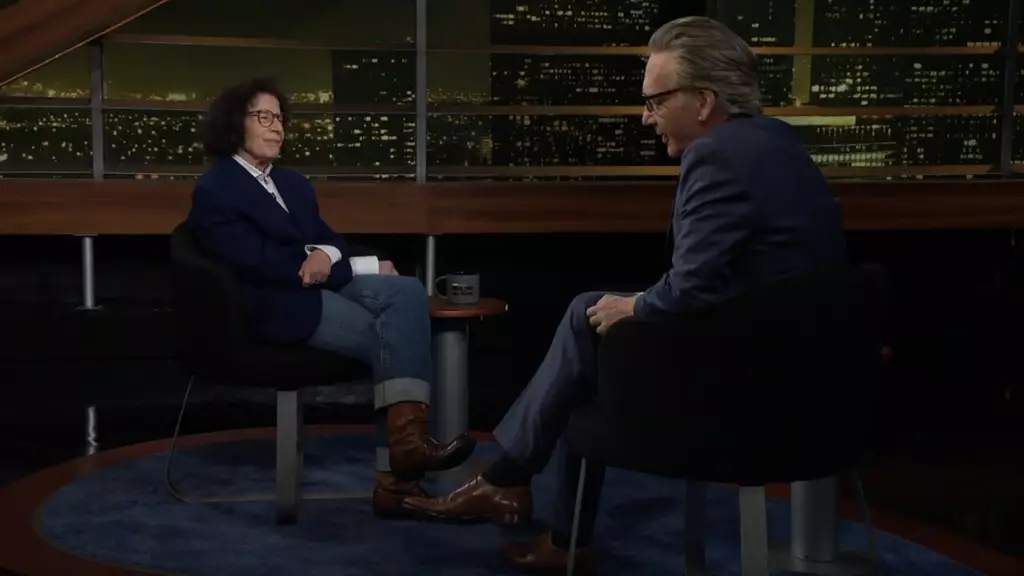The recent legal turmoil surrounding Sean ‘Diddy’ Combs has cast a long shadow over the music industry, bringing to light the pressing question of how problematic behavior is often tolerated within this domain. Bill Maher, renowned for his incisive commentary, delved into this issue during a recent episode of Real Time with Bill Maher, engaging in a dialogue with writer Fran Lebowitz. Their conversation highlighted a glaring inconsistency in the industry’s accountability compared to other sectors, particularly following the #MeToo movement, which exposed systemic abuse in numerous fields but seemingly overlooked the music realm.
Maher’s reflection was particularly poignant when he asserted that while NPR faced backlash for relatively minor infractions, figures like Combs seem to operate within a “cesspool” of misogyny and abuse without facing similar consequences. This discrepancy raises concerns about the values prioritized by a society that commodifies fame and fortune over human dignity. Lebowitz contributed to the discourse by suggesting that the music industry’s lucrative nature allows certain figures to escape scrutiny, a notion that should compel both the public and industry insiders to reconsider what is often swept under the rug.
Cultural Complicity and Economic Incentives
The troubling acceptance of such behaviors within the music business can arguably be tracked back to cultural complicity—where fame and commercial success overshadow personal culpability. Lebowitz’s assertion that tales of abuse within the industry were not new to her echoes a sentiment shared by many; several instances of misconduct have circulated informally within industry circles, yet they were largely ignored until now. The reliance on economic incentives not only shields high-profile figures from accountability but also allows harmful predatory practices to flourish.
The legal landscape is now shifting, as evidenced by the recent wave of lawsuits against Combs that have revealed a pattern of alleged behavioral misconduct. From the emotional turmoil that his ex, Cassie Ventura, reported in her abuse lawsuit to the more recent claims of intimidation and sexual assault from other alleged victims, it becomes evident that there is a larger narrative of silence being shattered. As these stories unfold, they challenge the industry to confront its collective failure to protect vulnerable individuals and act against powerful perpetrators.
Towards Greater Accountability
At its core, the current crisis surrounding Combs is emblematic of a broader reckoning for the music industry. As conversations around abuse and accountability gain traction, this moment presents an opportunity for the industry to reevaluate its standards and practices. To facilitate a more equitable future, stakeholders must acknowledge the stories that have long been hidden, creating an environment where all individuals can feel safe and respected.
In the wake of the #MeToo movement, as more survivors share their experiences, it is imperative for not just the music industry, but also society at large, to confront these uncomfortable truths. The time has come to emphasize that no amount of fame justifies silence in the face of abuse.
